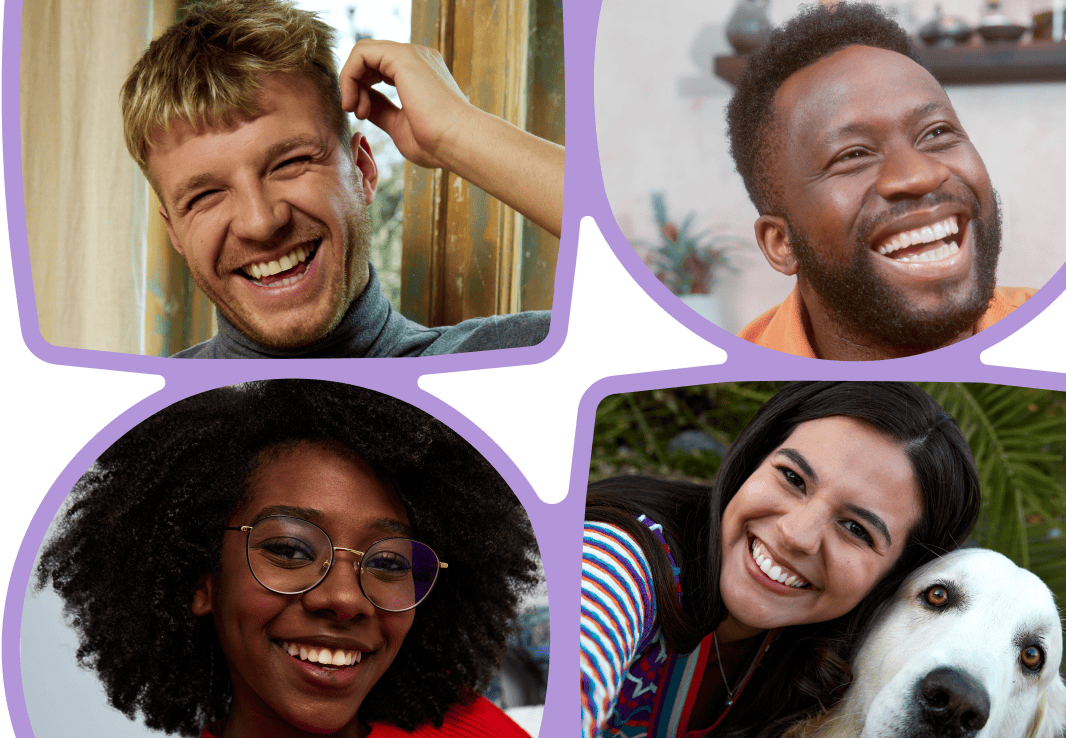Though Pride Month shines a welcome spotlight on the LGBTQIA+ community every June, it's important to remember that queer people are queer 12 months a year. In 2021, having a gay friend and "absolutely no issue with same-sex marriage" doesn't make you an ally – it just means you're not a homophobe. With this in mind, here are seven ways to support the LGBTQIA+ community all year round.
1. Visit your local queer venue
Hospitality across the board has been squeezed by the pandemic, but because many LGBTQIA+ bars are grassroots venues welcoming a niche clientele, they've been hit particularly hard. Now that something close to normal socialising is possible again, these vital safe spaces need our help to survive. Nearly every Drag queen will have cut her teeth at a local gay bar, so booking a ticket for a drag show is a great way to support performers and venues alike. Just remember that you're visiting their house and should behave respectfully at all times.
2. Know your history
It's difficult to support any community without having a cursory understanding of their journey. Same-sex marriage is now legally recognised in 29 countries worldwide, but this equality is built on the blood, sweat and tears of queer activists from decades past. The 1969 Stonewall Riots are widely acknowledged as a landmark moment in the modern LGBTQIA+ rights movement, so every ally should at least have read up on it
3. Appreciate that the battle is far from over
Numerous studies have shown that LGBTQIA+ people are more likely to experience mental health issues, more likely to self-harm, and more likely to have suicidal thoughts. Many queer young people may have spent the pandemic quarantining with family members who disapprove of their sexuality or gender identity, putting them under immense pressure for months on end.
At the same time, homophobic and transphobic hate crimes are still a major problem globally; a report released on Trans Day of Remembrance in November revealed that 350 trans and gender-diverse people were murdered in the previous 12 months – a 6% rise year-on-year. It's especially important to recognise that the LGBTQIA+ community isn't a monolith. Life is likely to be much easier for a white, able-bodied gay man than for a trans person of colour or a queer person with a disability. And in many countries across the world, simply being open about your sexuality could make you a pariah or even put your life at risk. The key is listening carefully to everyone's individual story so you can work out how best to support them.
4. Be careful with your cash
Brands keen to project an inclusive image will probably drop a Pride Month tie-in; a couple of years ago, one British food chain even released an "LGBT sandwich". Most of these initiatives are well-intentioned and do at least strike a blow for queer visibility – 20 years ago, it would have been unthinkable to see rainbow bunting on display anywhere except for a gay bar. Still, there's a simple rule for brands releasing supposed "Pride" products: either give 100% of the profits to an LGBTQIA+ charity or don't bother.
5. Support an LBTQIA+ organisation
Donating money to an LGBTQIA+ charity is a wonderful way to support the community, but giving your time is even better. According to a recent study, LGBTQIA+ people are more than twice as likely to experience homelessness during their lifetimes, so volunteering for an LGBTQIA+ homelessness charity is a true act of compassion.
6. Call out bigotry when you see it
Next time a co-worker moans about putting pronouns in their email signature or a friend jokes about "identifying as an elephant today", don't let them get away with it. Offer a gentle reminder that everyone has a right to express their sexuality and gender identity as they see fit. Embracing a society where referring to someone as "they" is as natural as saying "he" or "she" is the very least that we can do.
7. And finally, don't lose sight of our shared humanity
It sounds kind of basic, but ultimately a gay person is just a person, a non-binary person is just a person, and a trans person is just a person. They're likely to have different – and in many ways, tougher – life experiences because they're part of the LGBTQIA+ community, but ultimately we all want the same things from life.
This definitely holds true when it comes to dating: sometimes LGBTQ relationships progress a little faster than you might expect, and sometimes they're built on slightly different ground rules. At their core, though, is the same yearning for mutual support and camaraderie. The more you embrace and engage with queer people, the more you'll realise there's no reason why we shouldn't have the same life experiences as anyone else.
Read more tips on being an LGBTQIA+ ally




